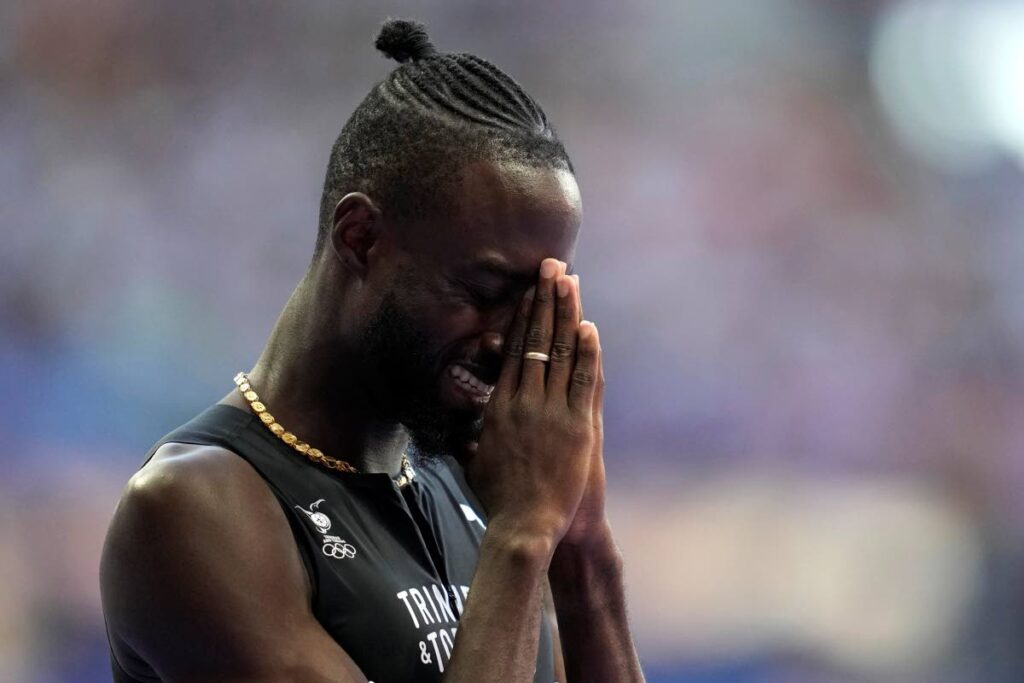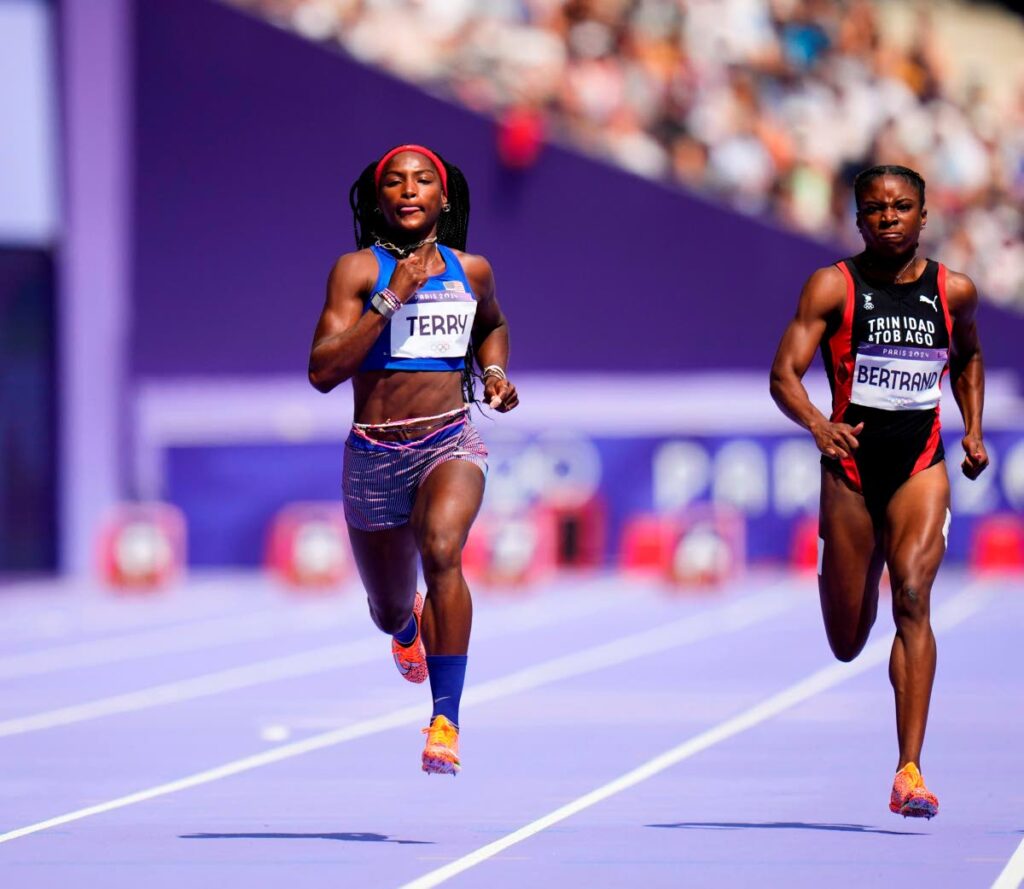Olympians Roger Daniel, Jonathan Farinha hit lack of support: 'Trinidad and Tobago sporting talent wasting away'

THREE-TIME Olympic shooter Roger Daniel wants national sporting bodies to revamp their programmes and “go back to the drawing board administratively” if they want to see improvement on the international stage.
Daniel was speaking about Trinidad and Tobago’s results at the just concluded Olympic Games in Paris, where the nation recorded another medal-less campaign – the second in a row.
Daniel competed at the 2004 games in Greece, 2008 edition in China and the 2012 event in England and believes change is needed if athletes are expected to deliver podium performances.
“We need to have a meeting. Pull in everybody and let us do a collaborative something where everyone puts their heads together. We need to revamp our sporting programmes in TT. There’s too much talent in this nation to be wasting away like this,” he told Newsday on August 9.
“I’ve been out there and know what you have to give to be at a top level. To the Olympic level, it takes a lot to produce those types of athletes. International coaches renew their knowledge of the sport. Everything is a science now. Everybody is evolving and we aren’t.”
Daniel believes TT has a lot of raw talent but insists international-standard coaching and facilities are required to give up-and-coming prospects an extra edge.
TT’s best performances at the Paris Games came from Jereem Richards (4th in men's 400m), Keshorn Walcott (7th in men's javelin), Nicholas Paul (cycling) and Leah Bertrand (semis women's 100m, all of whom train either outside TT or have heavy international coaching influence.
“We are a sporting nation. We have football, cricket, swimming, track and field and my sport, shooting, which I consider a dying sport. If you’re not outside (international), trouble will take you.
"We really need to revamp our sporting programmes. If they need help, I can also assist.”
It’s not easy being a pro athlete, Daniel said.
Physical health, mental health, support in all forms (especially financially) and proper top-flight coaching all play crucial roles in separating an elite athlete from the rest.

“Going into the games, you always try to have a mental advantage or a mental game plan, and that’s where it comes down to your preparation – it’s the most important part. You will always have the effects of the external interferences and your own physical and mental challenges.
“It’s a battle as an athlete being out there. I know every athlete goes out there and gives their best. No athlete delivers a half-hearted performance at an Olympic Games. They go out there and hope that their best puts them in place to be on the podium.
“Each athlete in any discipline will need that financial support. Sometime we have to go seek sponsorship. Sometimes you don’t get it and have to ask the government to assist. The support system must be in place or else you wouldn’t reach anywhere.”
'No support for injured, struggling athletes'
Reigning national 200m champion Jonathan Farinha shared similar sentiments on athletes needing all-out support, particularly those coming back from injury, those who struggle mentally, and athletes who simply need someone to just listen to them.
In a lengthy, emotional Facebook post on August 11, the 28-year-old sprinter said, "The problem has been the people that we expect to lead by example tearing us down as young upcoming athletes and expecting the best when they have left us feeling unworthy."
Farinha, who competed in the 4x100 Olympic relay team in Tokyo, addressed some of his experiences coming through the ranks in his younger years (14-18), what motivated him and what didn’t.
Farinha said after he performed well, he was promised athletic gear. This inspired him to work harder. However, the next year he got injured and the promise never materialised.
“Everything changed,” he wrote. “The same persons who had praised me began speaking negatively about me as an athlete. The support I once had evaporated, leaving me to navigate the physical and emotional challenges of recovery on my own.
"I was still developing in the sport, and suddenly faced with the harsh reality that the very people I looked up to could also be the ones to bring me down.”
This post, up until 6.45pm on August 12, had been shared 57 times on Facebook, and had an array of supporting comments from past and current athletes, who also chimed in on some of their experiences.
Newsday contacted Farinha, who said, “Many people don’t understand the struggles that athletes are faced with, it’s not always financial but sometimes just having the support from within from our association can go a long way, and not just support when we are on top.
“Often times many junior athletes who are on top battle injuries and are unable to mentally recover and then we hear the people who we expect to support us, talk down (on us). This only keeps us down and those who are young and not quite experienced, would stay down.
Like Daniel, Farinha believes TT has an abundance of talented athletes, but they are sometimes suppressed by the words and actions of others.
“A lot of athletes are demotivated due to these existing issues.
“Most times our young female athletes tend to give up, and we wonder...why we don’t have many athletes representing in particular sporting disciplines.
"We do the best we can when we go out there and represent to the best of our ability, even when dealing with mental issues/struggles from the lives that we live, as we are humans first and athletes second.”

Comments
"Olympians Roger Daniel, Jonathan Farinha hit lack of support: ‘Trinidad and Tobago sporting talent wasting away’"